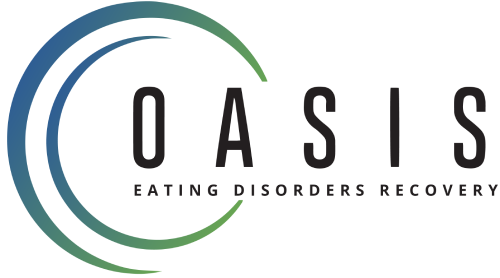Food addiction is a real problem that can have long-lasting, damaging effects on a person’s life. It is characterized by an intense craving for certain foods, often to the point of obsession, and can have serious physical, mental, and emotional consequences. In this blog post, we will discuss five damaging effects associated with food addiction.
1. Weight Gain and Obesity
There are a number of consequences that can result from food addiction, but one of the most common is weight gain and obesity. People who are addicted to food are likely to overeat, leading to excess calories and eventually weight gain. Over time, this can lead to a variety of health issues, including increased risk of diabetes, heart disease, and stroke.
Aside from the health issues mentioned above, excess weight can put added stress on the joints, leading to pain and inflammation. It can also make it harder to exercise, which can further contribute to joint problems.
2. Mental Health Issues
Food addiction can also lead to mental health issues, especially depression and anxiety. Those who are addicted to food may feel guilty or ashamed about their behavior, leading to feelings of low self-worth. This can cause feelings of hopelessness and despair, and can make it difficult to focus on other areas of life. Food addiction can be a difficult addiction to overcome, but it is possible with the right help and support. If you or someone you know is struggling with food addiction, there are resources available to help.
3. Social Isolation
Food addiction can also lead to social isolation. People who are addicted to food may avoid social situations, as they may feel embarrassed about their condition or feel like they do not fit in. This can lead to loneliness and further depression.
4. Financial Difficulties
Food addiction can also lead to financial difficulties. People who are addicted to food may spend large amounts of money on unhealthy food, leading to money problems and debt.
5. Unhealthy Habits
Food addiction can also lead to unhealthy habits. Addicts may develop an unhealthy relationship with food, such as eating in secret or lying about their eating habits. Food addiction can have a major impact on your life. It can lead to unhealthy eating habits and an unhealthy relationship with food. If you think you might be addicted to food, it’s important to seek help. It’s important to note that there are many different types of food addiction. Some people become addicted to the act of eating, while others become addicted to specific foods.
Conclusion
Overall, food addiction can have serious and damaging effects on a person’s life. If you or someone you know is struggling with food addiction, it is important to seek help. There are many resources available to help those who are struggling with food addiction, and it is important to take advantage of these resources in order to get the help that is needed.
If you are looking for a well-trusted eating disorder recovery center that would help you with your compulsive overeating or food addiction, look no further than our expertise here at Oasis Eating Disorders Recovery. We understand that living with an eating disorder takes a toll on the individual, as well as their friends and family. We are here to offer support, compassion, and hope as you navigate the recovery journey. Call us today to book your first eating disorder session with us.

